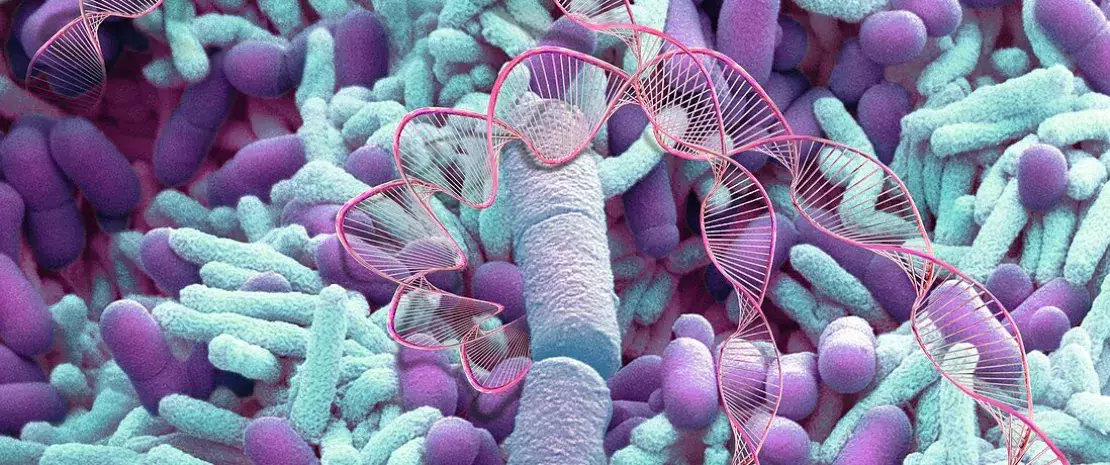Voyages of the gut: how travel shapes our inner landscapes
New research highlights the transient effects of travel on the gut microbiota and antimicrobial resistance, revealing a swift return to pre-travel microbial diversity and ARG levels, offering insights into the gut's resilience and adaptability.
Lay public section
Find here your dedicated section
Sources
This article is based on scientific information

About this article
Author
The globetrotting lifestyle holds profound implications for our inner ecosystems, as a compelling new study demonstrates. 1 Their investigation into the dynamics of antimicrobial resistance genes (ARGs) and the gut microbiome in international travelers reveals a captivating narrative of resilience and adaptation.
A Longitudinal Odyssey Tracing the Traveler's Trail
At the core of this research lies a critical objective: to follow the persistence of four ARGs (mcr-1, blaNDM, blaCTX−M, and tet(X4)), and shifts in the gut microbiome composition over an extended period post-travel. While previous studies 2 have shed light on the immediate impact of international journeys, this longitudinal study offers a comprehensive perspective on the lasting effects.
When travel breeds antibiotic resistance
The research team conducted a prospective cohort study by analyzing stool samples from 89 healthy globetrotters from Guangzhou, China. The data was collected at three strategic timepoints: pre-travel, immediately post-travel, and three months after their return.
Resistance vs. Resilience
Interestingly, the study revealed that a staggering 53% of travelers acquired at least one ARG during their journeys. Yet, the vast majority of these acquisitions proved transient. Immediately following travel, a significant surge in the prevalence of certain ARGs was observed. However, in a remarkable display of resilience, these acquired ARGs were shed within three months, with the gut's defenses reverting to their pre-travel baselines.
The same happened with the gut microbiome that witnessed a temporary disruption in microbial diversity post-travel (72% of travelers showed a significant increase in microbial diversity after travel), followed by a remarkable restoration to pre-travel equilibrium within three months.
As the world becomes increasingly interconnected, the implications of these findings resonate profoundly within the healthcare landscape, underscoring the need for continued vigilance and research into the interplay between global travel, antimicrobial resistance, and the delicate balance of our inner ecosystems.
World AMR Awareness Week
World AMR Awareness Week (WAAW) is celebrated every year from November 18 to 24. In 2023, the theme chosen was “Preventing antimicrobial resistance together,” as in 2022. In fact, this resistance represents a threat not only to human beings, but also to animals, plants and the environment.
The aim of this campaign is to raise awareness of antimicrobial resistance and promote best practices, based on the "One Health" concept, among all stakeholders (the general public, doctors, veterinarians, breeders and farmers, decision-makers, etc.) in order to reduce the emergence and spread of resistant infections.










